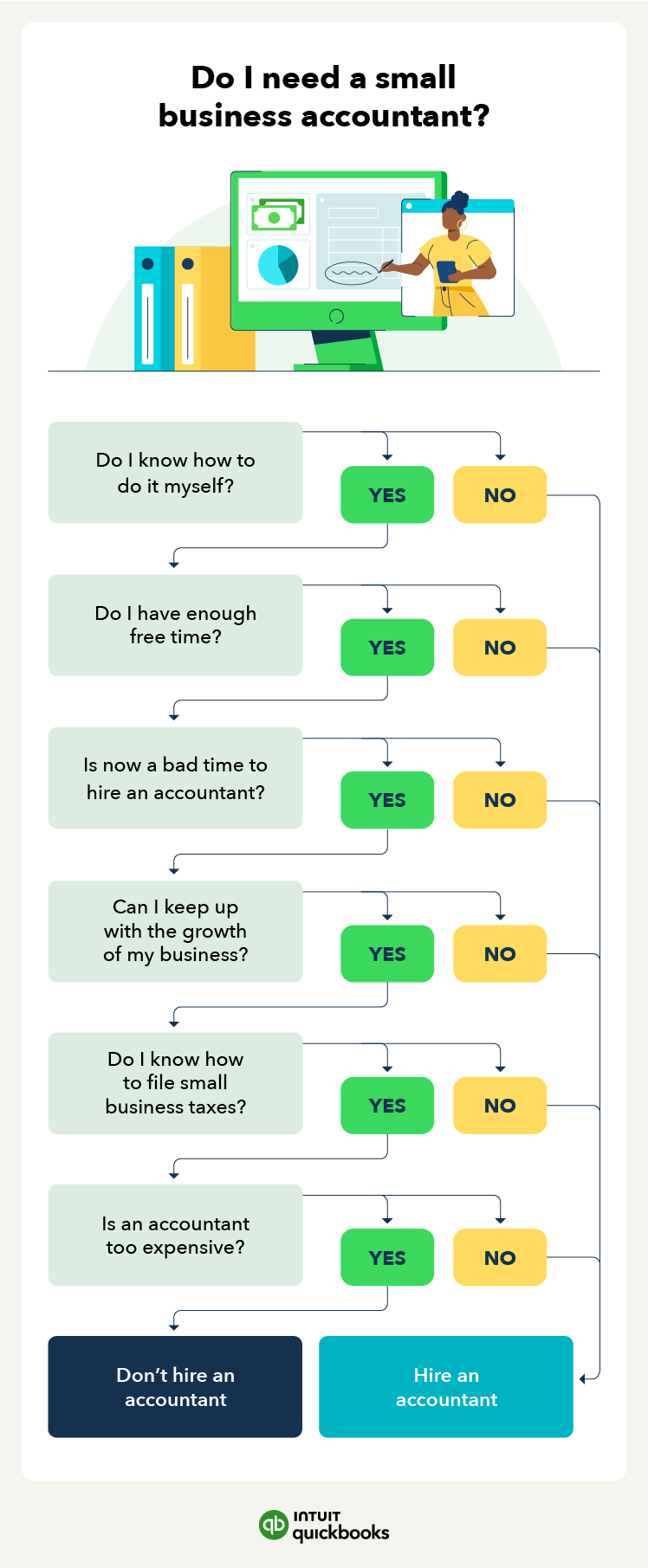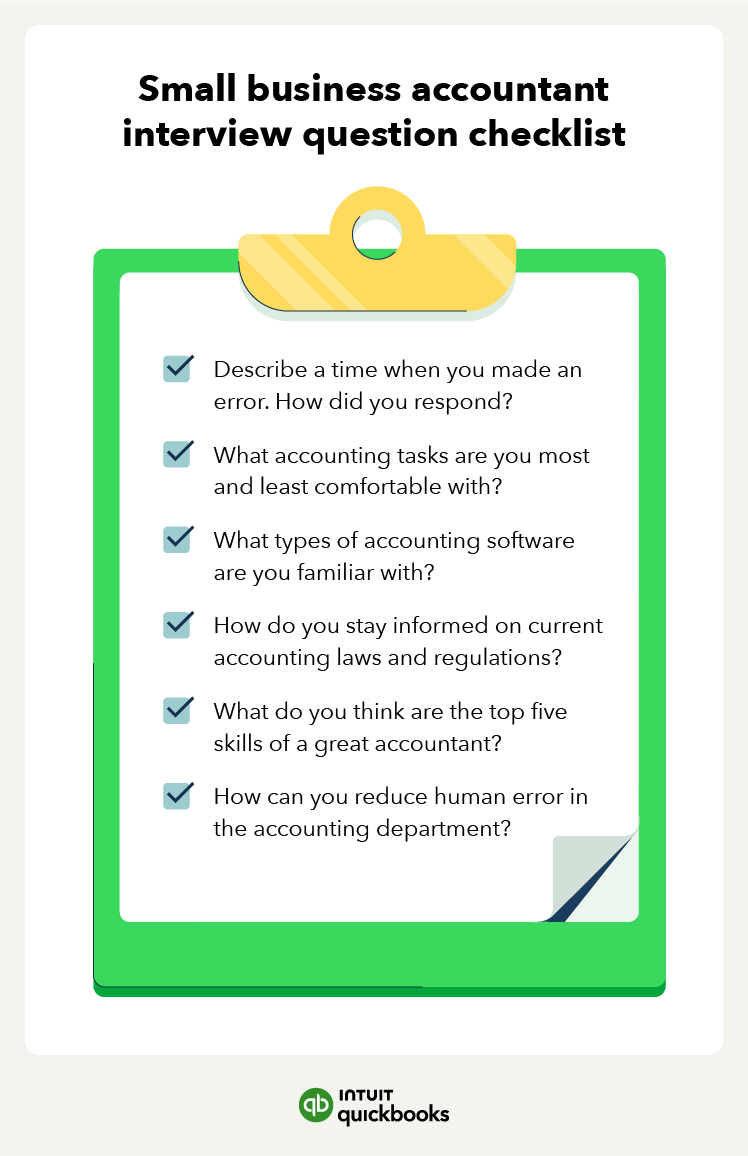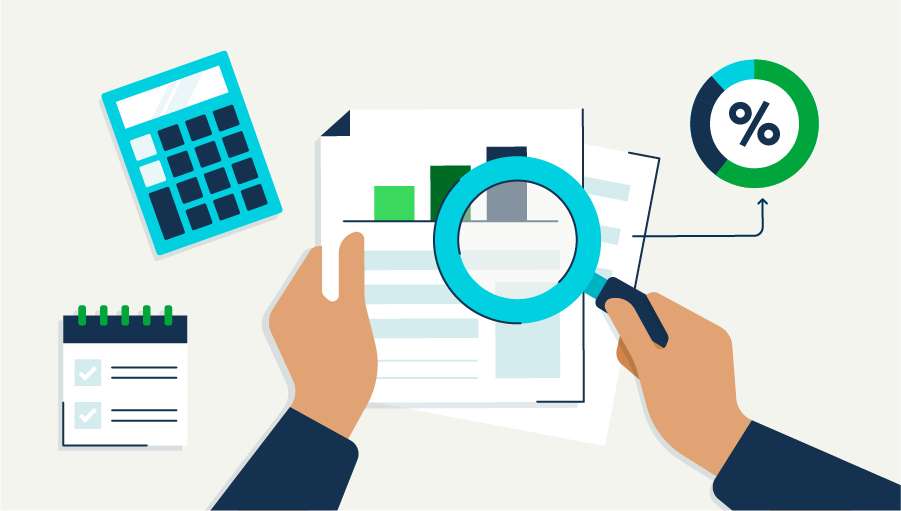This can help ensure that none of your business’s requirements go unmentioned, allowing you to hire an accountant to help with everything you need.
For example, you may ask a potential hire the following questions:
- Describe a situation in which you made an accounting error. How did you respond to the situation?
- What accounting tasks are you most comfortable with? Which ones are you least comfortable with?
- What types of accounting software are you familiar with?
- How do you stay informed on current accounting laws and regulations?
- What do you think are the top five skills of a great accountant?
- How can you reduce human error in the accounting department?
3. Post a job or look for an accounting firm to hire
Once you’ve drafted the perfect job posting, you can post it to job sites such as Indeed or LinkedIn and wait for the talent to come in. If you don’t care as much about hiring an individual accountant for your business, you may look for an accounting firm to handle your accounting needs instead.
An accounting firm is a company with multiple accountants. Unlike hiring a full-time accountant, you can lean on an accounting firm as needed, allowing you to only pay for the services you need when you need them. There may be a required retainer agreement, so be sure to do your research when deciding on an accounting firm.
4. Speak to potential hires in person
Just like with hiring any employee, you must meet the person face to face to assess whether or not you think they’d be a good fit for your small business. While you'll always want to hire an employee with the technical skills you’re searching for, finding someone you’ll enjoy working with is just as important.















